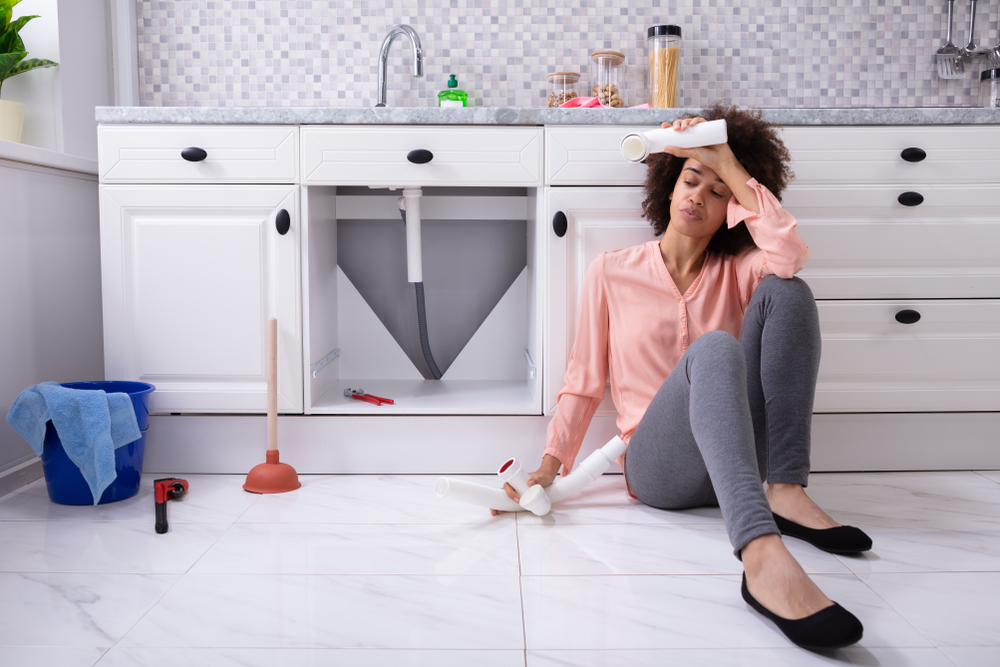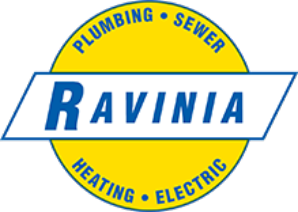
Picture this scenario: you turn on your faucet, expecting a steady stream of water, but instead, you’re met with an erratic sputtering of air bubbles. Or perhaps you notice your water pipes sound loud all of a sudden. These seemingly minor nuisances may point to a more insidious issue lurking within plumbing systems – trapped air in your water pipes. In this article, we will delve into the various challenges posed by trapped air and explore ways to address and prevent them.
Problems Caused by Air Trapped in Plumbing Pipes
Trapped air in water pipes is a common occurrence, and its presence can have various consequences. When air becomes trapped in your plumbing system, it creates pockets of resistance that hinder the smooth flow of water. This seemingly harmless scenario can escalate into a series of challenges that affect the overall functionality of your plumbing.
1. Reduced Water Pressure
One of the initial signs that trapped air is wreaking havoc in your water pipes is a noticeable reduction in water pressure and a weaker flow. As water encounters these air pockets, it faces increased resistance, making it harder for it to flow freely. Homeowners often attribute low water pressure to external factors, but the culprit may very well be within your plumbing infrastructure.
2. Noisy Pipes
Have you ever heard strange gurgling or banging sounds coming from your pipes? Trapped air is a likely suspect. As water flowing through pipes attempts to navigate through the pockets of air, it creates vibrations and turbulence. This can create noise on its own, as well as cause movement in a poorly stabilized pipe.
3. Accelerated Corrosion
The presence of air bubbles in water pipes can exacerbate corrosion within the system. As air reacts with the metal components of your water lines, it accelerates the oxidation process. This can result in the deterioration of pipes, fittings, and other crucial elements of your plumbing infrastructure. The long-term consequences may involve costly repairs and replacements.
Root Causes of Trapped Air
- Plumbing Maintenance: The primary cause of trapped air in pipes stems from lack of routine plumbing maintenance, especially when the water supply shutoff valve is turned off for long periods. This interruption in flow allows air to enter the system.
- Water Supply Interruptions: Any disruption in the water supply, whether planned maintenance or unforeseen circumstances, can allow air to enter the pipes. This is particularly common during scheduled outages or repairs.
- Maintenance on the Water Main: Work conducted on your neighborhood’s water lines, whether for repairs or upgrades, has the potential to introduce air into the plumbing system.
Resolving the Issue
If you’re experiencing sputtering faucets or inconsistent water pressure, taking immediate action is essential to prevent further damage. Follow these simple steps for removing trapped air from your water lines and restoring optimal water flow.
- Open Faucets: Open faucets one at a time, first on all cold then on all hot. Keep them in the fully open position, allowing water to drain and remove air.
- Bleed Air from Appliances: If you have appliances that use water, such as a dishwasher or washing machine, run them through a short cycle to remove air from their lines.
- Flush All the Toilets: Once water has stopped flowing through your taps, flush all toilets until there is no more water to fill them.
- Monitor Water Pressure: Turn the main water supply back on and monitor the water pressure at various faucets. If the issue persists, repeat the process, paying close attention to the sequence and duration of flushing.
Call a Professional to Remove Air Bubbles from Water Pipes
While bleeding your water pipes can be a DIY solution, if plumbing problems continue, it’s time to call a plumber for pipe repairs. Trapped air in water pipes has the potential to inflict lasting damage on your plumbing system. At Ravinia Plumbing, Sewer, Heating & Electric, our experts accurately diagnose the problem and implement solutions to ensure the long-term health of your plumbing lines. Contact us today to schedule service.
